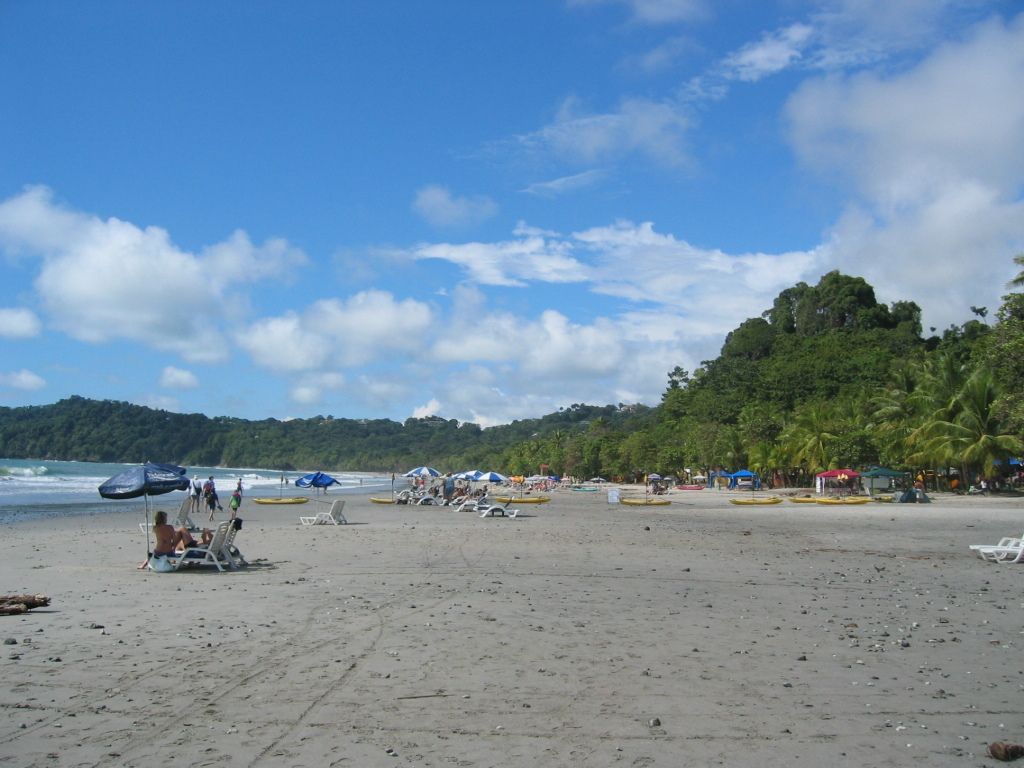Rush for New Gas Power Plants: Germany and EU in Talks Over Quick Tenders
Commission Initiates Tender for Building New Gas Power Stations Construction
In the pursuit of maintaining a stable energy supply during windy and cloudy days, Germany's new government is keen to kick-start the construction of additional gas power plants. Federal Minister of Economics, Katherina Reiche, extolled this ambition at the Federal Association of Energy and Water Industry (BDEW) congress in Berlin, emphasizing the intent to initiate the first tenders by the year's end. Engaging with the EU Commission, she's seeking approval for the planned state aid.
Reiche hinted that the initial power plants tendered will have a capacity between five and ten gigawatts. Thisdepends on the level of agreement they can reach with the Commission on state aid, and initially, gas power plants are likely the choice due to their quick and economical acquisition.
The push for these gas power plants is part of a broader capacity expansion plan aimed at balancing the fluctuating power production from renewable energy sources. EU Commission approval is necessary for any planned state funding. Interestingly, the previous federal government also nurtured plans for funding the construction of new power plants, intending for the plants to be prepared for future hydrogen conversion. However, Reiche has kept this aspect ambiguous.
Signaling a deviation from her predecessor's course in the energy transition, Reiche raised concerns regarding the high costs associated with the energy transition, pinpointing bottlenecks in the network and the need for enhancing cost-efficiency while ensuring long-term supply security.
In anticipation of the summer break, the government intends to offer relief from escalating electricity prices, with Reiche announcing plans for a reduction in electricity tax, a cut in network charges, and the abolition of the gas storage surcharge.
But the environmental associations aren't resting. They're pressing for funds from the new federal special fund to specifically invest in more climate protection. Their demands include additional funds of ten billion euros per year for investments in rail infrastructure, similar sums for public transport and cycling infrastructure, six billion euros for energy-efficient building renovation, three billion euros for municipal heating networks, one billion euros for natural climate protection, and 2.5 billion euros for international climate protection. They are against allocating funds for new gas power plants, liquefied natural gas terminals, carbon capture and storage (CCS), or road construction focusing on reduction of industrial electricity price or promotion of hybrid vehicles.
Source: ntv.de, jwu/rts/dpa/AFP
Relevant Terms:
- Renewable Energy
- Energy Industry
- Energy Suppliers
- Energy Supply
- Energy Policy
- Energy Transition
- Federal Ministry of Economics
- Katherina Reiche
- EU Commission
- Environmental Associations
Additional Insights:
- Germany's Energy Strategy: Germany is working towards a decarbonized energy system by increasing the share of renewable energy sources in its energy mix. This strategy includes phasing out coal and nuclear power plants while setting ambitious climate targets.
- Global Energy Scenario: Countries worldwide are shifting towards renewable energy sources to reduce greenhouse gas emissions and mitigate climate change effects. This shift presents unique challenges and opportunities in terms of energy security, grid stability, and cost-efficiency.
- Katherina Reiche, the Federal Minister of Economics, highlighted the German government's intention to initiate tenders for vocational training in the energy industry, particularly for gas power plant construction, aiming to maintain a stable energy supply and support Germany's energy policy.
- The environmental associations are advocating for the use of funds from the new federal special fund to invest in more climate protection, such as augmenting rail infrastructure, public transport, cycling infrastructure, energy-efficient building renovation, municipal heating networks, natural climate protection, and international climate protection, rather than in vocational training for the construction of new gas power plants.
- In the broader context of Germany's energy strategy, the push for quick tenders in vocational training for gas power plants is part of a long-term plan to balance the fluctuating power production from renewable energy sources and ensure energy supply security, while seeking approval from the EU Commission for any planned state aid.







